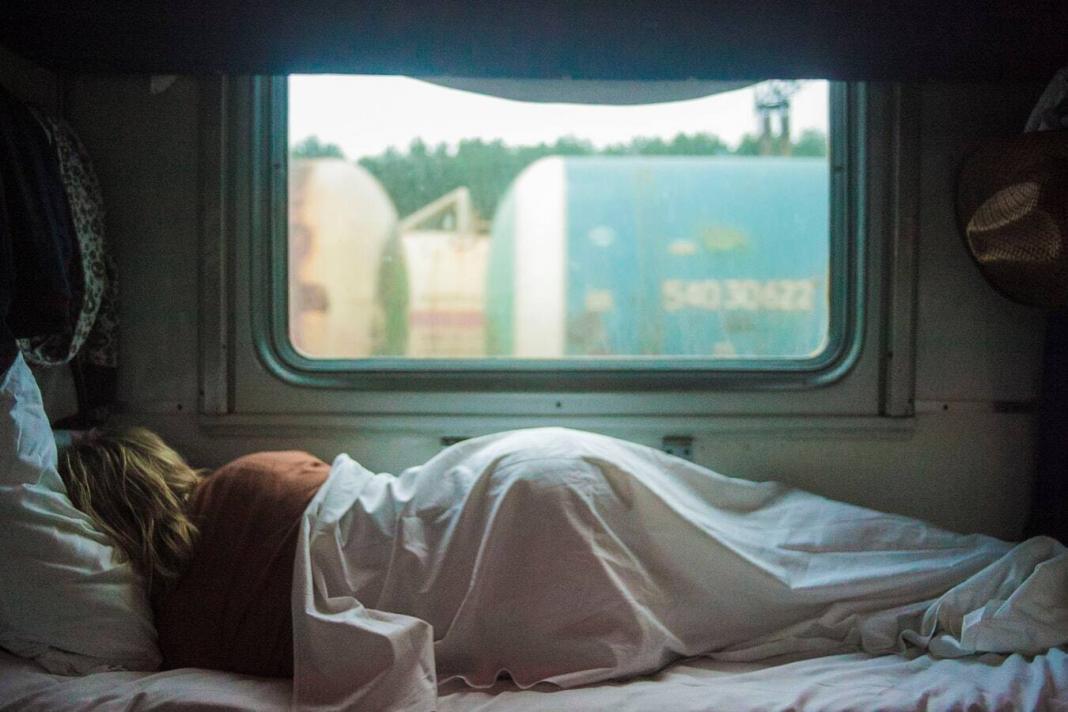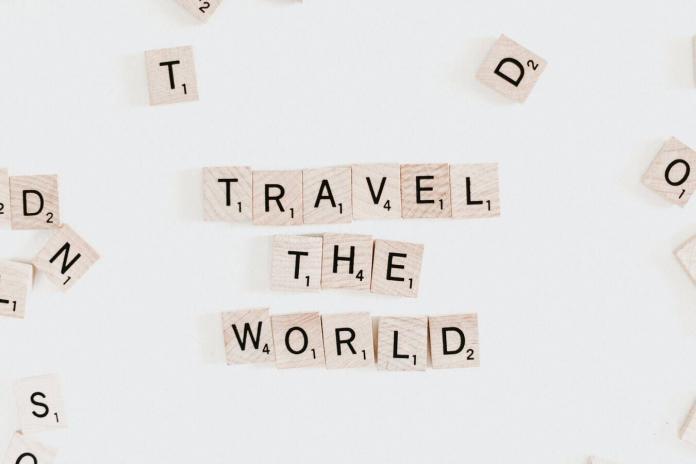Is getting there really half the fun? I’ve traveled overnight on a bus, boat, and plane, and while it can be a super-adventurous experience, it can also be tough to get a good night’s sleep. The good news is options like a hotel’s best mattress for a restful sleep, and knowing how to sleep with jet lag can help you get more shut-eye.
Sleeping Challenges While Traveling
There’s no question that cross-country road trips, ferry boat cruises, and international flights can be exciting. They can also cause sleeping problems for various reasons.
Adjusting to New Environments
Studies show that it’s important to create an effective sleeping space to get better sleep quality. The problem is when we’re on the road, there are various new factors related to:
- Jet lag
- Street noise
- Loud air conditioners
- Moving bus/train/ship/plane
- Inside lights
- New location
All of these factors can disrupt sleep and prevent you from sleeping soundly every night. When we’re in new environments, it can cause us to feel uneasy, anxious, or even excited. That can have a negative effect on sleep quality, unlike when you pick the perfect mattress for your night’s sleep.
The science of jet lag – and how to prevent it (video)
Sleep Kit
While it’s not possible to totally control your travel environment, you can take certain steps like using a sleep kit. This can include glasses that block sunlight and blue light from fluorescent lights. Any lighting can have a major effect on sleep quality.
It’s especially important to reduce light exposure near bedtime. Blue light-blocking glasses are especially helpful for improving sleep quality.
There are other steps you can take to sleep better while traveling, including:
More Light Means Less Sleep
Wear Special Glasses
This can include sunglasses and blue-light-blocking shades to help filter out the light near bedtime. While fluorescent lights are cost-effective, the blue light emitted can prevent you from catching Zs at night.
Cover Blinking Lights
Regardless of the source, hotels tend to have lots of blinking lights, including alarm clocks and other sources. You can simply cover them with electrical tape so they won’t keep you up at night. Bright flashing lights definitely get a thumbs-down for sleeping like a log.
Switch off Lights and Close Curtains/Drapes
These are some of the most basic and effective methods for reducing light in your train, boat, or hotel room. If a dimmer switch is available, you should lower the lights so the light level won’t keep you up at night.
Listen to the Right Type and Amount of Noise
Noise Types
Make sure to limit your noise to “white noise.” For example, you can use a noise machine to listen to nature sounds like chirping birds or bubbling brooks. This can help you to doze off gradually.
What is white noise? (video)
Noise Levels
When you travel, it’s impossible to eliminate 100% of outside noise. However, you can take steps like closing curtains; using earplugs; and picking hotels far from highways, ports, and airports. Sleeping away from home sweet home is tough enough, but it can be tougher when outside noise is sky-high.
Counter Jet Lag
This can be a major issue and especially if you’re flying to the other side of the world. Your body needs some time to adjust to the new time zone, which can cause you to feel groggy and sleep for days.
Jet Lag Tips
While jet lag is your body’s natural response to crossing time zones, you can take some steps to counter it:
*Reset watch/smartwatch to new time zone before you board the plane
*Interact with people in person or through digital methods like the web or social
*Limit naps to 2 hours after arriving at the destination
*Adjust sleeping schedule many days before traveling to target time zone
*Limit caffeine and alcohol, and ditch tobacco
*Avoid sleeping many hours while onboard
*Do some light exercise the morning after your arrival
*Drink lots of fluids before your flight
*Focus on a good sleep environment and sleep schedule while away
*Take melatonin hormones each night after arrival until you adjust
Conclusion
Traveling can provide different and exciting experiences. The key is to take steps to counter causes of sleep deprivation like light, noise, and jet lag. This can help you sleep like a rock, like the best mattress for a restful sleep.







